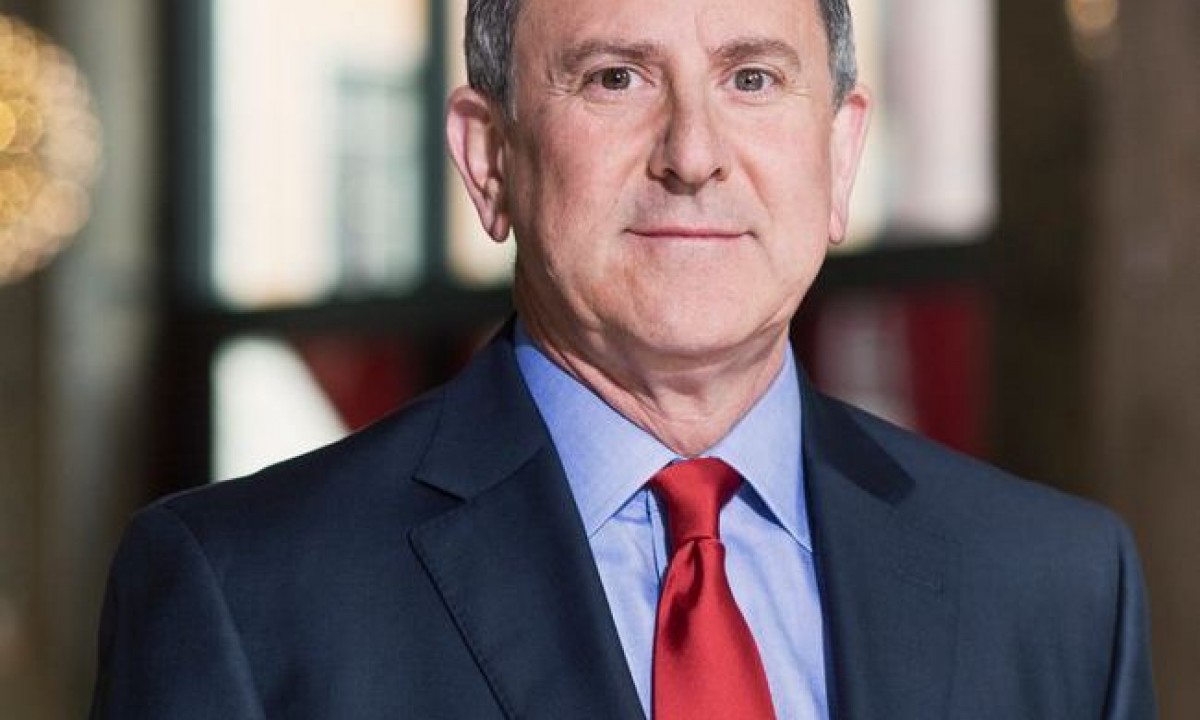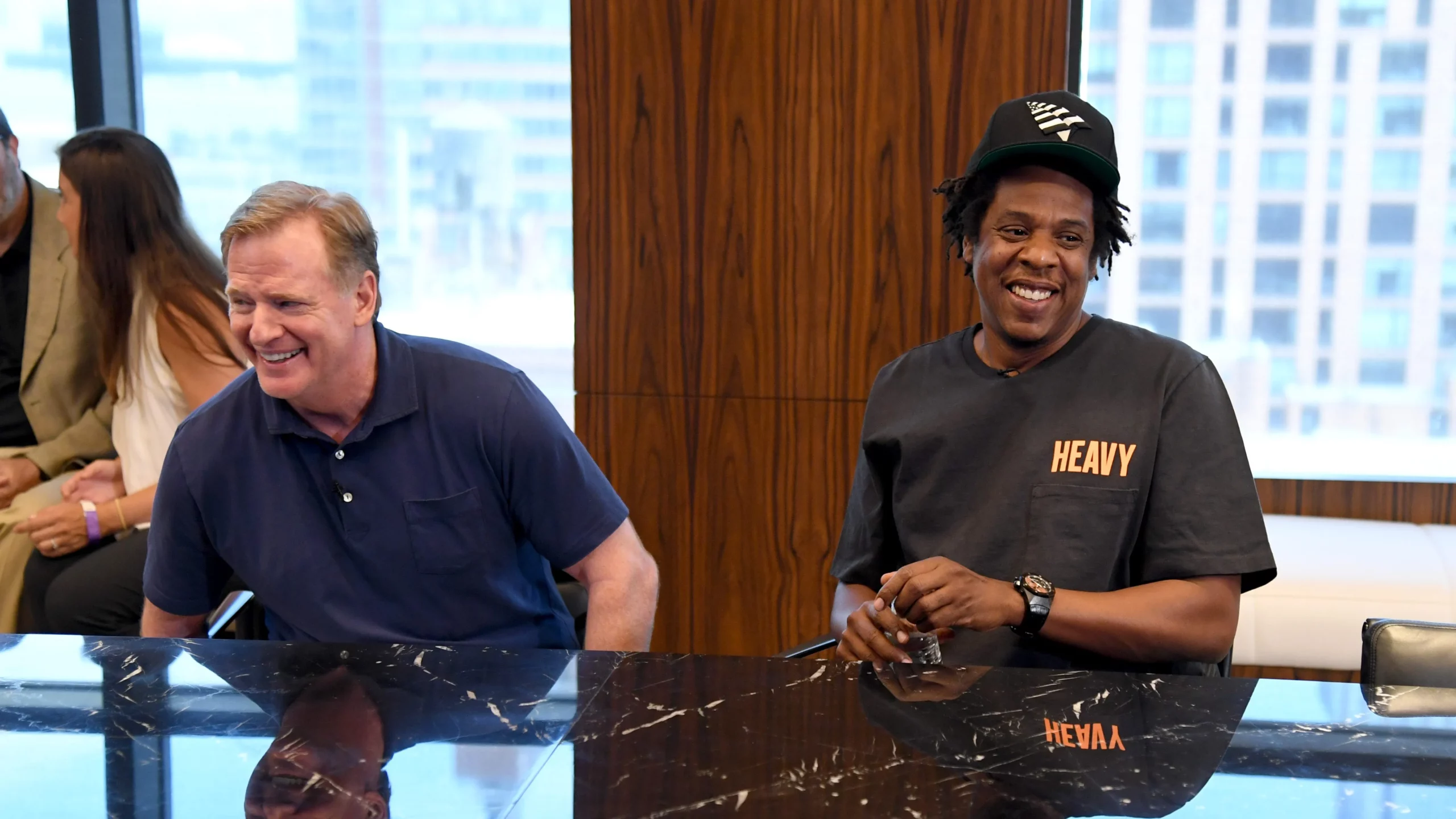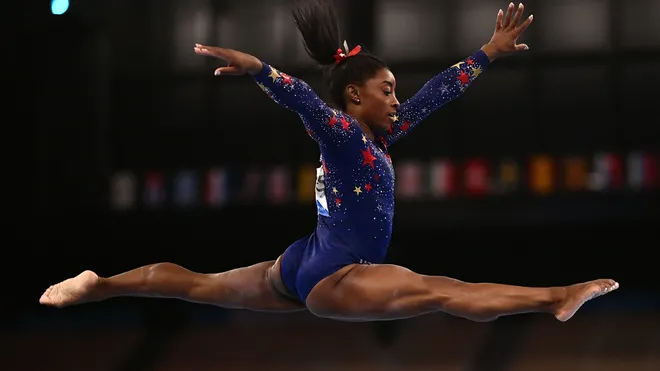Target’s CEO Brian Cornell is set to meet in New York with civil rights leader Rev. Al Sharpton, as the retail giant faces growing criticism over its decision to scale back diversity, equity, and inclusion (DEI) efforts.
While there hasn’t been an official boycott, many Black shoppers have already taken their business elsewhere—something that’s reportedly contributing to a dip in store traffic and stock performance. The meeting, which Target requested, follows its January announcement that it would end its three-year DEI goals and stop reporting to outside groups like the Human Rights Campaign’s Corporate Equality Index.
Sharpton hasn’t publicly called for a boycott—yet—but he’s voiced support for consumers using their dollars to demand accountability. He called out the timing of Target’s decision, especially as the 2024 election approaches. “If an election determines your commitment to fairness,” he said, “then we have every right to walk away from you, too.”
One of the biggest points of controversy? Target reportedly dialed back programs meant to boost shelf space for products from Black- and minority-owned businesses. Since then, in-store visits have dropped for 10 straight weeks, according to data from Placer.ai. While inflation could be a factor, the timing lines up closely with the backlash over the DEI changes.
Rev. Jamal Bryant, a pastor in Atlanta, has also joined the pushback. He led a “Target fast” during Lent and is planning more efforts to show just how much power Black consumers hold.
Target’s pivot mirrors a broader trend. Big-name brands like Walmart, McDonald’s, and Tractor Supply have also scaled back DEI efforts in the face of conservative pressure. Others, like Costco, have held firm. Sharpton’s organization, the National Action Network, recently met with PepsiCo leadership after that company also walked back some of its DEI goals—CEO Ramon Laguarta even joined the meeting himself.
Sharpton says he plans to confront Cornell about the commitments Target made in the wake of George Floyd’s murder in 2020. Back then, the CEO called Floyd’s death—a few miles from Target’s Minneapolis HQ—a “personal” wake-up call. “That could have been one of my Target team members,” Cornell said in 2021.
Now, Sharpton wants to know: What changed?
“You made big promises during the George Floyd movement,” Sharpton said. “Are you trying to say it’s all over now because of politics? That’s insulting.”
As some companies begin to quietly backtrack on their racial justice pledges, Sharpton and other civil rights leaders are ramping up the pressure—determined to make sure those promises don’t disappear when the political winds shift.




